Brian Chung
25th January 2018 - 6 min read
Once in a while, you will hear different stories about credit cards being blocked by different people: one story may revolve around hotel merchants blocking your card, the other about the credit/debit card user calling the bank to block their recently lost credit card.
Another scenario shows their debit card has been blocked from spending over a certain amount. With the same word being thrown around, it is easy to see why some people may be confused by the different and somewhat conflicting accounts. Today, we will explore the different kinds of “blocking” one is referring to in different situations.
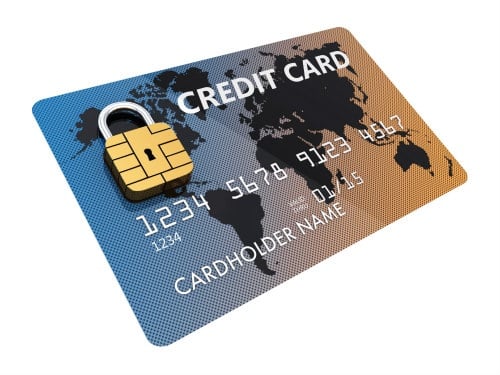
Purchase
When you hear stories of how a person’s debit or credit card has been held or blocked during their attempts to buy other products and services, they are talking about an authorized hold (a.k.a Credit Card Block).
A credit card block is when a merchant reserves a portion of your credit card balance to pay for a service that has not yet been delivered.
Usually, the merchant will ask the bank or credit card provider to reserve a portion of credit to cover the cost of the service that will be given to the customer who made the reservation.
Imagine this: You use a credit card that has RM5,000 worth of credit to make a reservation for a three-night stay at a hotel worth RM750. The hotel may ask the bank to reserve RM750 or a portion of the room cost from your credit card before your stay. Once the bank accept the charges, the bank will subtract the block amount from your available credit, leading to the statement showing the available credit at RM4,250.
Usually, this blockade is not an issue if the amount blocked is not close to the credit card user’s credit limit. However, if the user’s credit card was near its credit limit after the blocking, the card will be rendered unusable as any attempt of purchasing anything with the credit card will result in it being rejected.
To avoid having this scenario, credit card holders must ensure their cards have not reached its credit limit, be mindful of the block or ask the banks or credit card issuers about the block and how long it will be. To remove the block as soon as possible, users of the affected card must complete the transaction with the same card or ask the merchant to remove the block once the transaction has been completed.
Protection
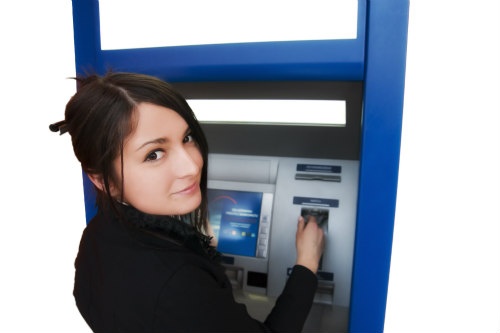
The other usage of the word blocking is during the case of fraud or misplacement of one’s credit or debit card. Blocking one’s credit card in this term is also known as a credit card freeze where the affected card holder calls the bank to freeze the credit card from unauthorized uses after it has been misplaced or stolen.
In the case of credit card fraud or credit card misplacement, it is important for the affected credit card holder (victim) to contact their respective credit card issuers or banks about the situation immediately and ask them to freeze the missing card. They should also lodge a police report on the matter to protect the card holder from unauthorized use and provide themselves with proof.
From here, there can be two outcomes:
- Should the users manage to find their missing credit or debit cards (it’s rare that this happens, but still possible), they could ask the credit card issuers or banks to reinstate the card or,
- They could request for a replacement card from their respective banks or credit card issuer. Check with your respective banks or credit card issuers for any additional charges or fees for replacing the cards.
Debt / Legal cases
However, a credit card can be frozen by the banks themselves without the consent and knowledge of the card holder. The common scenario that one would be familiar with this freeze is when the card holder has not settled his/her credit card debts. In this instant, the credit card will be frozen until an agreed sum of payment is made. You can get more information about the credit card debt situation here. It is thus advisable to constantly clear your credit card debt to avoid such situation from occurring.
Another way that one’s credit card or debit card can be frozen is if the card holder has been involved in any illegal business. This freeze is usually done by the court to prevent criminals from siphoning or using money for their illegal gains.
Budgeting

This next one would sound a bit weird but some people would have a block on how much they can spend or withdraw. This “Block” is known as the Daily Default Purchase Limit, common for almost every bank’s debit card users. This debit card purchase limit allows a user to decide how much they will spend with their debit card per day. After the switch from signature-based cards to PIN-enabled cards, banks started to provide the Contactless Transaction Amount Limit to allow card holders to limit the amount of contactless transaction.
There are a few benefits to this “block”, especially in the age of online shopping:
- This feature serves to protect the card holders by preventing any transactions or withdrawal above the limit set by the card holders. With this feature, the card holders who lose their debit card will have some time to call the banks about the incident before they lose their money.
- Besides that, the feature also enables one to plan their budget and control their daily spending. By setting the purchase limit, card holders can control their spending urges as the card will be automatically declined due to the transaction exceeding the limit.
Should anyone wish to set their purchase limit, they could just log on to their online accounts to set the amount according to what the banks offer. The common spending limits start at RM1,000 to the maximum RM5,000.
We hope this guide on credit card blocks and freezes provides some clarity on the many ways your card can be frozen or blocked.
While you’re at it, you might want to take a closer look at the credit card that you have right now to discover the other cool features that it comes with. Do not have a credit card? You can use the comparison tool at our website to find one that suits you.
Have something to add to this article? Let us know in the comments section down below.

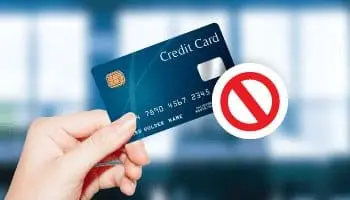
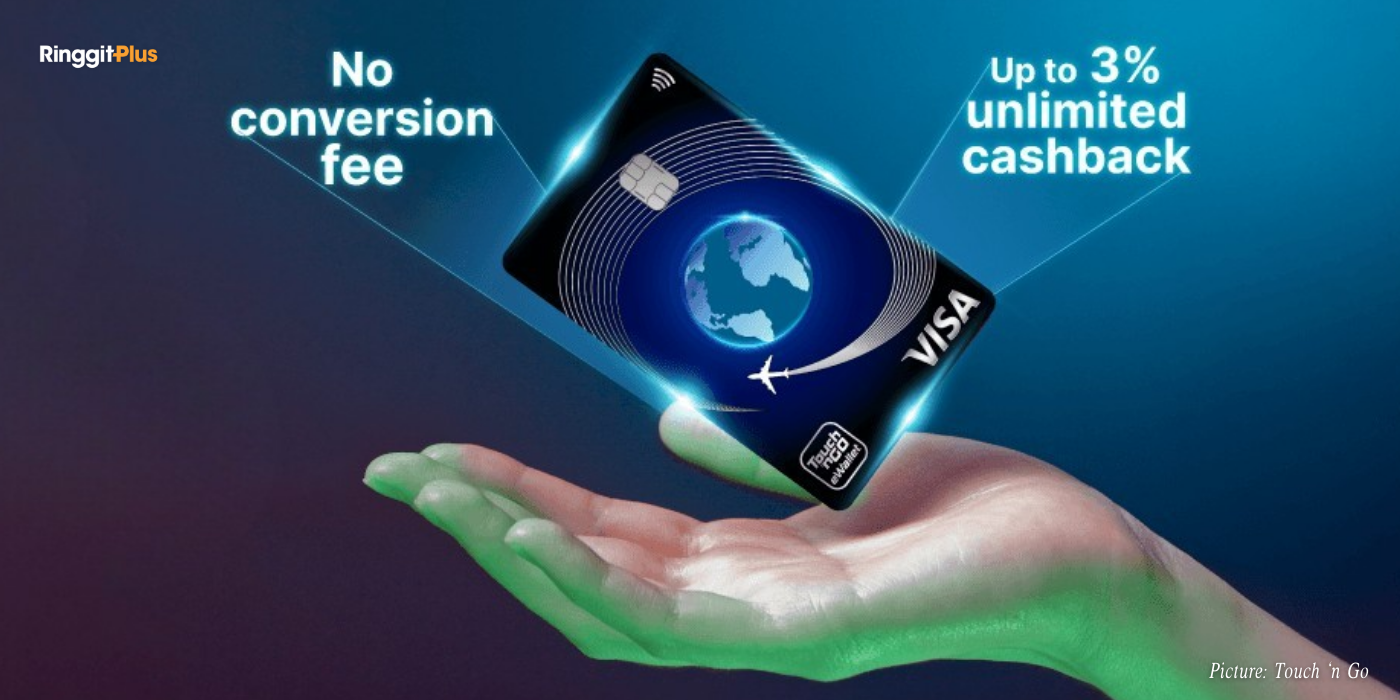


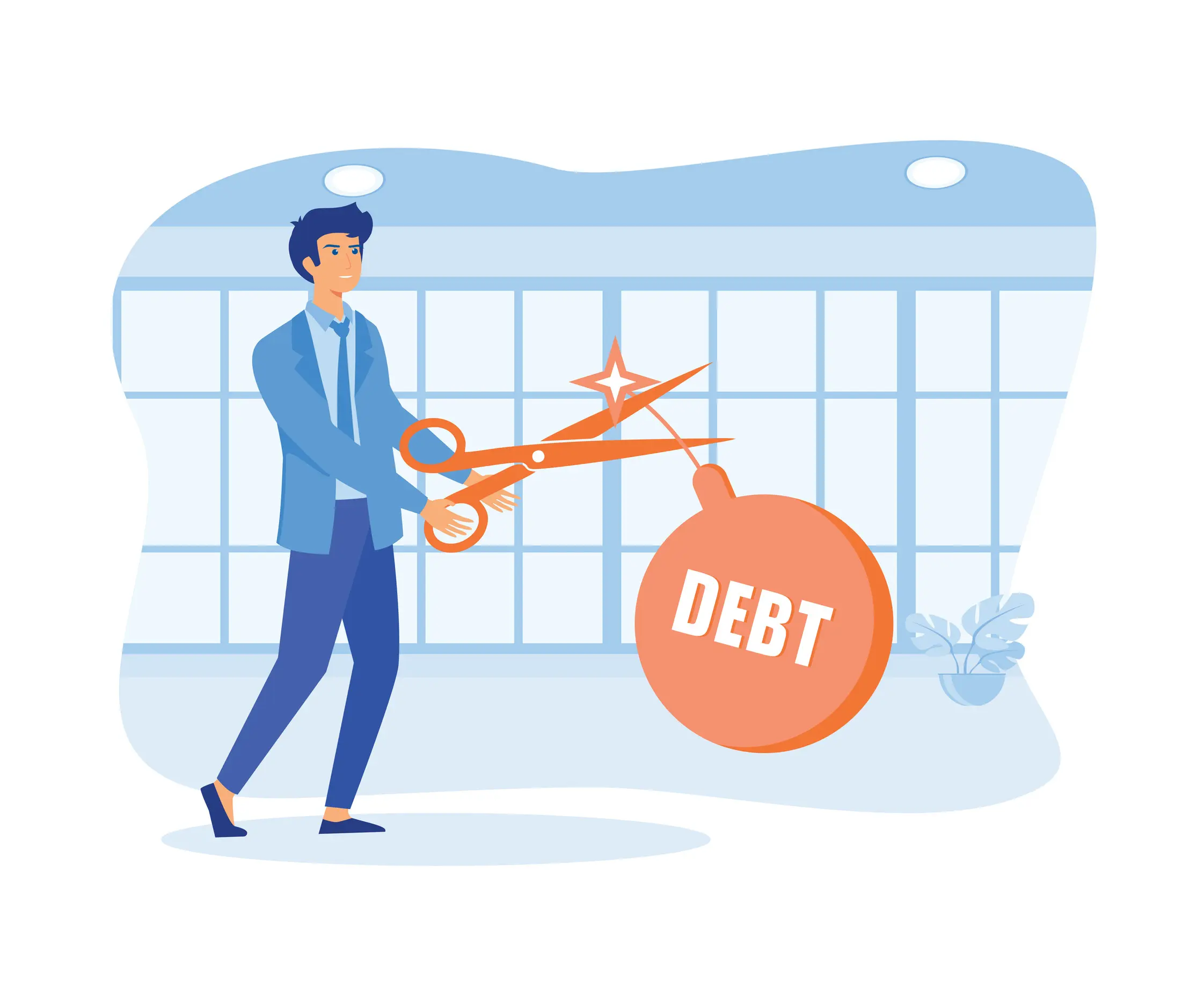

Comments (0)